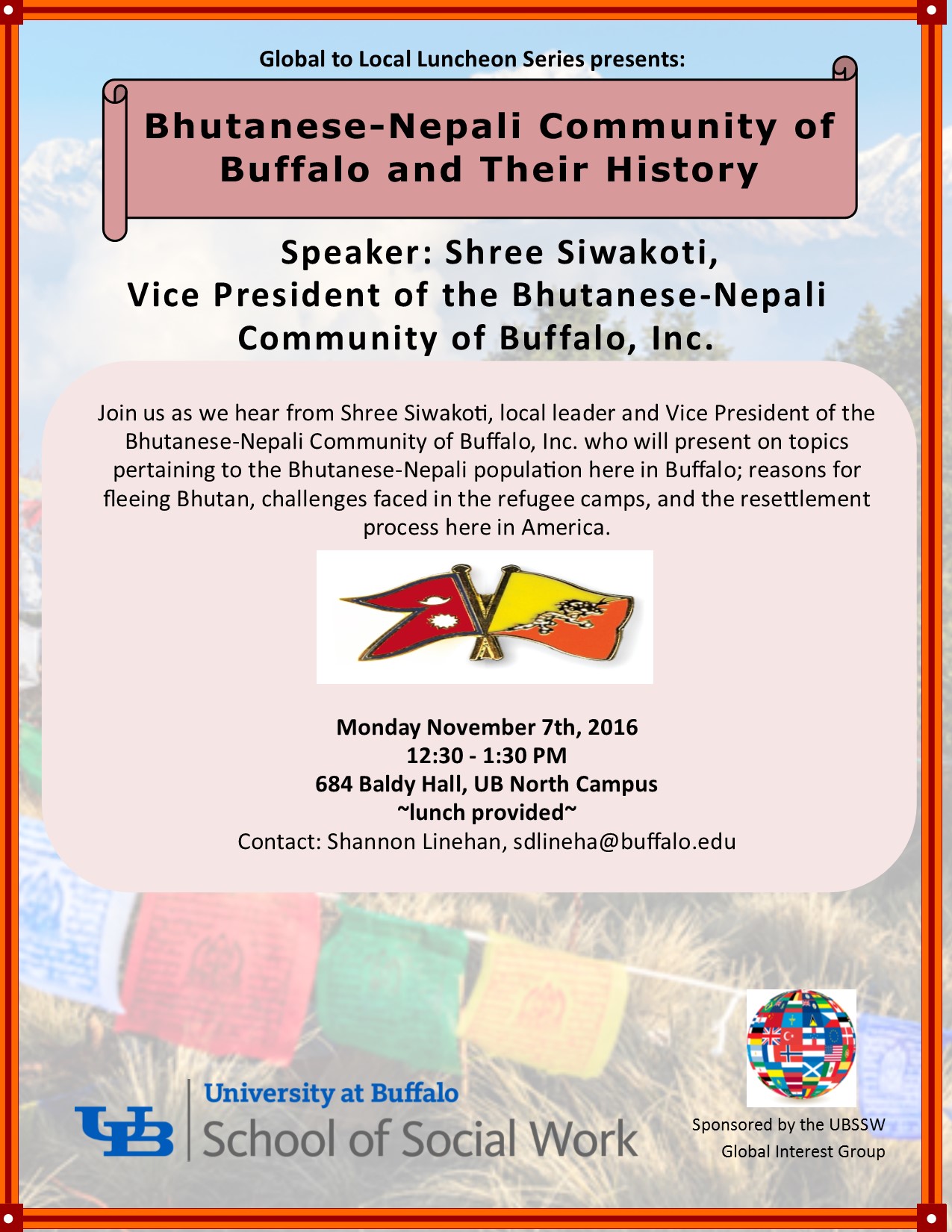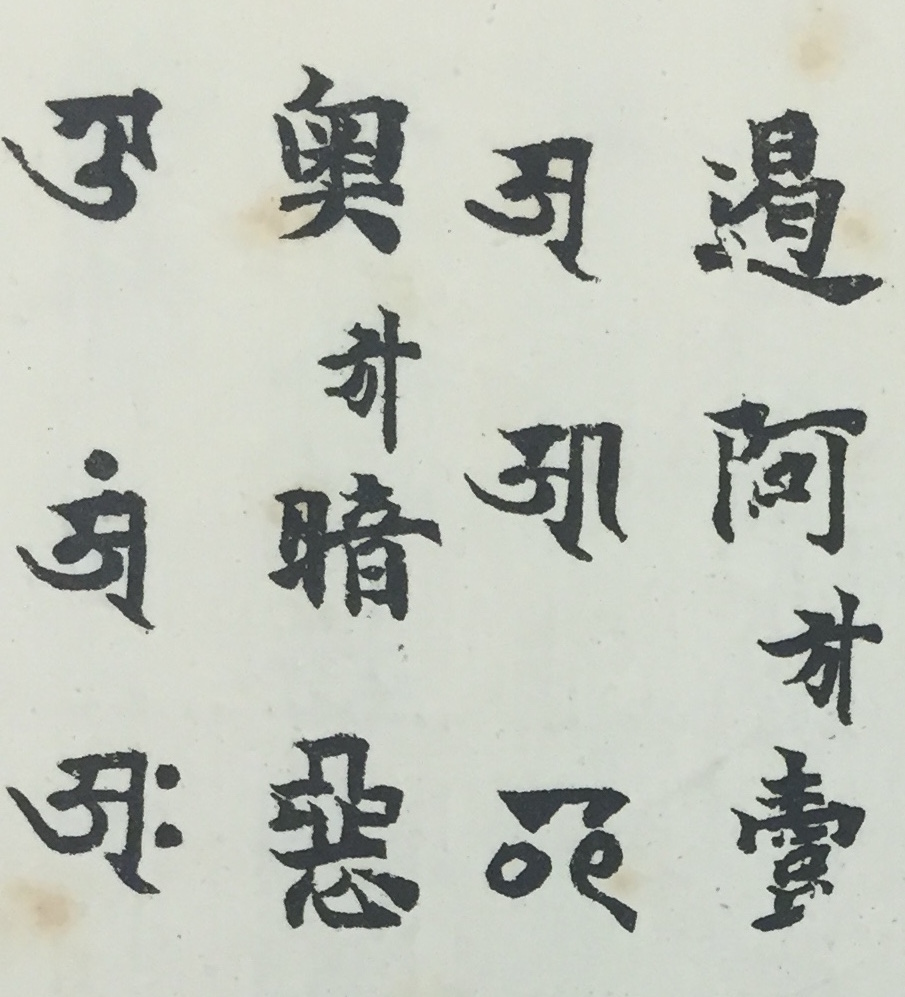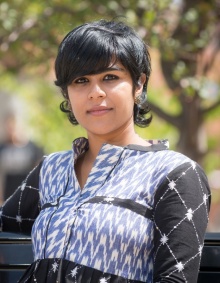Current UB undergraduate and graduate students are invited to apply for funding to attend intensive summer language programs offered by the American Institute of Indian Studies. Applications for funding will be evaluated by UB Asian Studies Program faculty and staff. Rustgi South Asian Language Awards support the full cost of tuition and roundtrip airfare to India. An additional subvention for living expenses may also be available based on funding levels. We anticipate awarding two student awards for summer 2018.
About the Language Program
Participants are expected to devote their energies to activities that will increase their proficiency in all skills—speaking, listening, reading, and writing. For eight weeks at each AIIS language center, there will be at least four hours a day of classroom instruction and individual tutorials with regular out-of-class assignments requiring interaction with community members. Attendance is mandatory in class as well as at other activities such as cultural visits, films, and plays. There is special emphasis on connecting with the local speech community and self-management of learning. Participants are encouraged to identify and prioritize their language learning needs and keep track of their language development. Students are encouraged to stay with host families. Note that this is not a research program. Participants are expected to devote all their energies to learning the target language. For more information, please visit the AIIS Language Programs website.
Eligibility
- Full-time enrollment as an undergraduate or graduate student at the University of Buffalo in good academic standing at the time of application
- Those applying for Bangla, Hindi, Tamil, and Urdu must have completed at least one year of language study before attending the program. Two years of prior language study are required for Sanskrit. Applicants for Gujarati, Malayalam, Marathi, Punjabi, Telugu, and Kannada may apply at all levels, including beginning. Applications for other South Asian languages (Pali/Prakrit and Mughal Persian) will also be considered.
- At the time of application for this award, applicants must have already applied to an AIIS summer language program. The deadline for submitting materials to AIIS is December 31, 2017.
Criteria for Selection
- Awards will be based on academic merit and seriousness of purpose
- The applicant agrees to be an ambassador for Asian Studies at UB by sending occasional posts and photos of their experiences while in-country for use on the Asian Studies Program’s social media and website. The applicant must also be willing to talk with other students about their study abroad experience upon returning to UB.
- The applicant’s plans to enroll in additional South Asia-related courses including a required 1-credit South Asia seminar in the fall semester following their return from India.
- Preference will be given to students seeking to learn “critical need” languages (Bangla, Hindi, Punjabi, and Urdu).
- Preference will be given to students who can demonstrate that they have also applied for the Critical Language Scholarship(deadline November 15, 2017) and/or Boren Awards (UB internal deadline November 15, 2017)
Required Application Materials
1) Completed AIIS Language Application in a single PDF file including
- Application form (available as both a word and pdf document on the AIIS web site);
- One-page (less than 500-word) statement of purpose describing your academic reasons for selecting a particular program, detailing how the study abroad program will fit into your overall academic program and goals, and how the program benefits your personal, academic, and professional development. This may be the same statement prepared for the AIIS application.
- Evaluator Worksheet (available on the AIIS web site)
- Transcripts: Applicants should scan their undergraduate and graduate transcripts (from U.S. or Canadian universities only) and include them in the single pdf file.
- Confirmation (email or scanned document) from AIIS indicating receipt of complete AIIS summer language program application
2) Recommended: documentation confirming submission of completed applications for the Critical Language Scholarship and/or Boren Scholarship
3) Applicants should also submit two (2) letters of recommendation emailed as an attachment directly from their professor or instructor. Instructors may also mail their recommendations in a sealed envelope signed by the professor to Asian Studies Program, 412 Clemens Hall, Buffalo NY 14260.
Deadline
4 pm Friday, January 5, 2018.
Unless otherwise indicated, all materials must be emailed to Asian-Studies@buffalo.edu
Please contact the Asian Studies Program at Asian-Studies@buffalo.edu or 716-645-3474 if you have any questions.

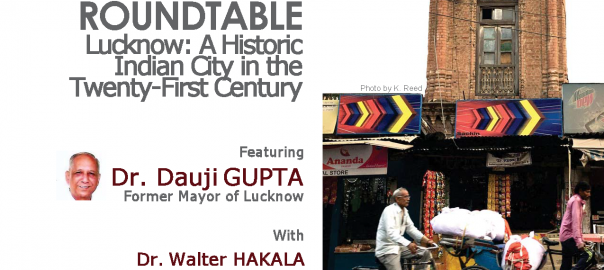
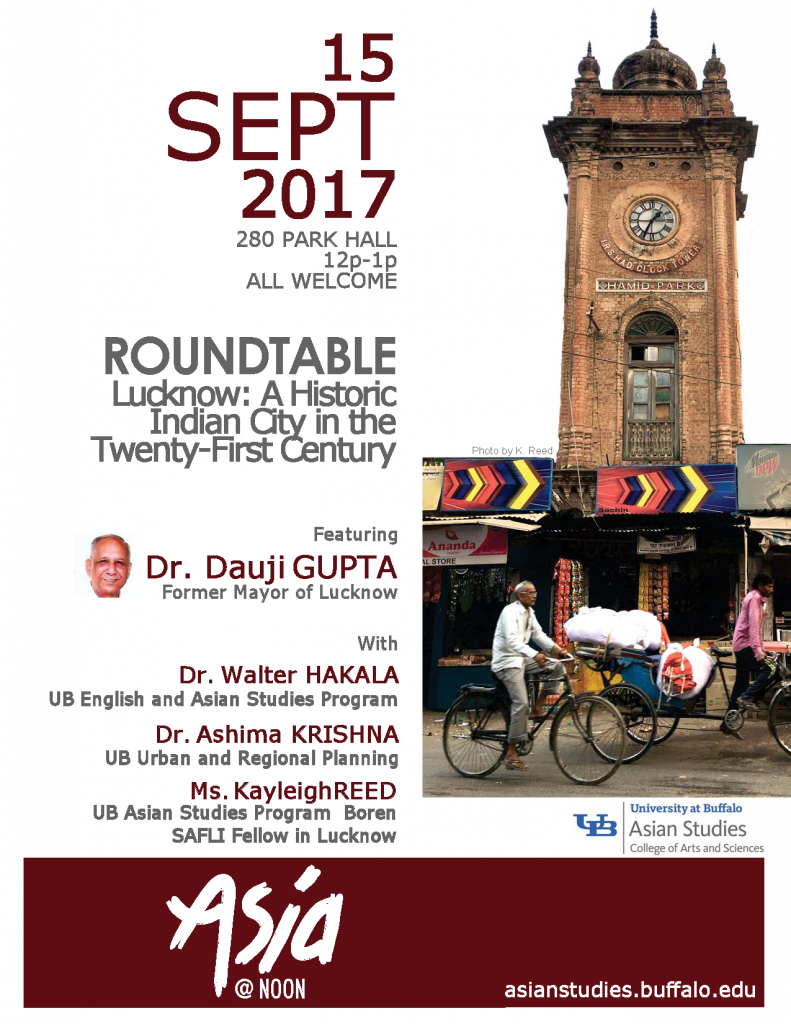
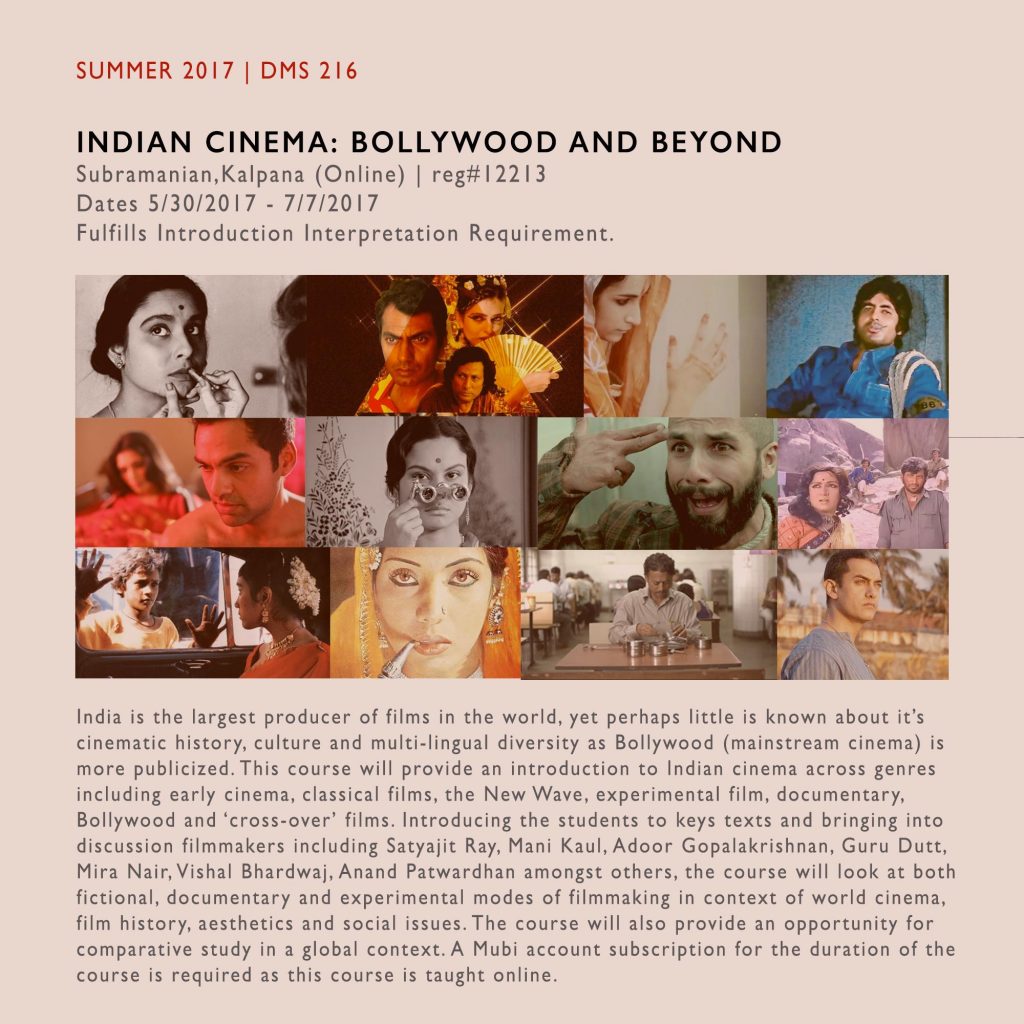
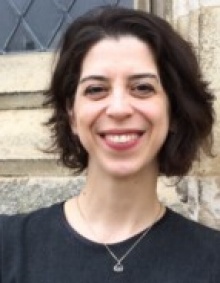
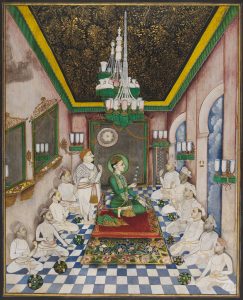 In 1851, the young Tukoji Holkar, Maharaja of Indore, went missing under suspicious circumstances. Some said his regent wanted him out of the picture. Others speculated that he’d been kidnapped and taken to Calcutta by nefarious colonial agents. In truth, he’d skipped town to make a clandestine tour of of North India. After his return, Holkar did something that was doubly unprecedented for a Persian-speaking court of his time: he wrote a travelogue, and he wrote it in Urdu. Following his lead, other princes across the region began to write their own, increasingly elaborate travel accounts. By the end of the 19th century, writing about travel have become a well established expression of princely praxis. Focusing on two narratives in Urdu from 1851, this talk will argue that the decision to write a travel account – and to do so in Urdu – reflected Holkar’s, and the princely states’, desire to use travel literature to stabilize their legitimacy at a time when colonial predations had rendered it increasingly precarious.
In 1851, the young Tukoji Holkar, Maharaja of Indore, went missing under suspicious circumstances. Some said his regent wanted him out of the picture. Others speculated that he’d been kidnapped and taken to Calcutta by nefarious colonial agents. In truth, he’d skipped town to make a clandestine tour of of North India. After his return, Holkar did something that was doubly unprecedented for a Persian-speaking court of his time: he wrote a travelogue, and he wrote it in Urdu. Following his lead, other princes across the region began to write their own, increasingly elaborate travel accounts. By the end of the 19th century, writing about travel have become a well established expression of princely praxis. Focusing on two narratives in Urdu from 1851, this talk will argue that the decision to write a travel account – and to do so in Urdu – reflected Holkar’s, and the princely states’, desire to use travel literature to stabilize their legitimacy at a time when colonial predations had rendered it increasingly precarious.
